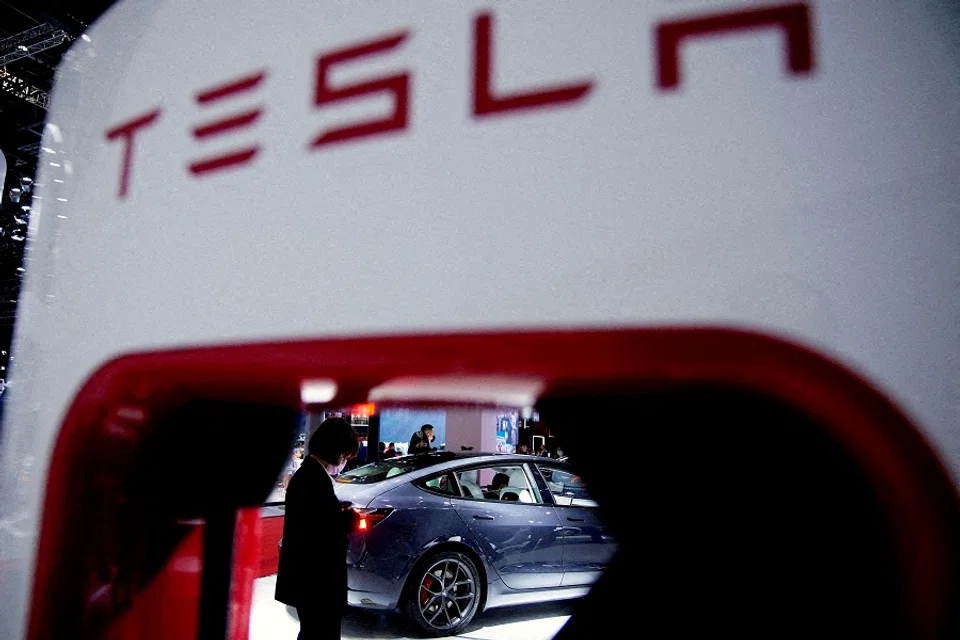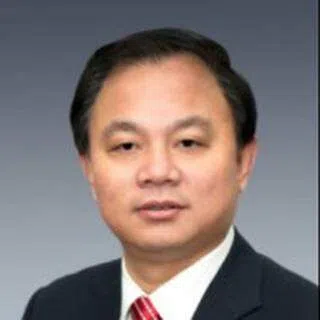Chinese EV manufacturers face tough challenge against Tesla amid subsidy cuts
Despite a booming electric vehicle (EV) market in China, local EV manufacturers are facing a tough road ahead as the Chinese government cuts subsidies and EV giant Tesla increases its competitiveness by lowering prices. Chinese financial commentator Tan Haojun believes that Chinese EV manufacturers would need to compete in terms of research and development in order to stay in the EV market.

In response to Tesla's significant price cuts in the new year, Chinese automakers announced similar moves. Seres reduced prices for its Aito electric cars and XPeng announced price cuts ranging from 20,000 RMB to 36,000 RMB (roughly US$2,900 to US$5,300) on 17 January.
More Chinese electric car brands could follow suit in the near future, spurring a new price war in electric vehicles (EVs) and worsening the stampede in the industry.
Only a rare few car models are truly able to compete with popular global brands.
Lack of competitiveness
Statistics show that China's EV market boasts 147 brands selling as many as 372 EV models. These brands would ideally exhibit strong market competitiveness, but in fact, they make an average sale of about 1,100 cars a month - far short of actual market demand.
Although EVs are highly competitive against domestically produced gasoline vehicles, there is still room for improvement. In particular, the design, appearance and comfort of EVs from emerging automakers can already compete with Tesla and other international brands. However, most of them still lack competitiveness and can only satisfy a niche market, which accounts for a low market share. Only a rare few car models are truly able to compete with popular global brands.

Tesla's price cut has ignited a price war, worsening the situation for Chinese EV manufacturers that already lack market competitiveness and intensifying the stampede in the sector. It is worth noting just how many Chinese EV manufacturers are able to survive under these circumstances.
... the sector would fall back into the quagmire of the traditional gasoline vehicle, where the total annual car sales of Chinese independent vehicle brands combined underperforms that of a single automobile company such as Volkswagen...
Price cut amid boom
The development of new energy vehicles is a necessary step for China's automotive industry. However, an increased number of market players is by no means conducive to this development. Otherwise, the sector would fall back into the quagmire of the traditional gasoline vehicle, where the total annual car sales of Chinese independent vehicle brands combined underperforms that of a single automobile company such as Volkswagen in the Chinese market.
This will neither revitalise the Chinese automotive sector nor effectively improve the market competitiveness of China's auto manufacturers. They need both quantity and quality - only when quality is effectively improved can quantity be guaranteed.
Tesla's bold choice to cut prices amid an EV boom could be due to three factors.
First, the complete removal of China's EV subsidies lays bare a company's production costs. High production costs mean low competitiveness and vice versa. With a clear cost advantage over Chinese EV manufacturers, Tesla can easily slash prices after China's EV subsidies are removed, which puts a chokehold on manufacturers with no cost advantage.

Second, BYD's increased prices in response to the subsidy cuts. Since the second half of 2022, BYD's market influence and share have been rising, which naturally put enormous pressure on Tesla. Thus, Tesla attempted to counteract BYD's price hike by implementing a price cut, dealing a big blow to BYD but also affecting other Chinese EV manufacturers at the same time.
Third, Tesla's technological advantage. Tesla users find it difficult to switch to a different brand. A significant portion of Chinese consumers believes that Tesla is the king of EVs, and would stick to the brand when they upgrade to a newer model. This stems from Tesla's strong technological advantage, which keeps the brand highly competitive with room to slash prices to beat its competitors.
In the next three years, more than half of China's EV companies are set to disappear.
Focus on technology and product development
While Tesla's price cut is a boon for consumers, it is disastrous for other EV manufacturers. This is because most EV manufacturers are at a break-even point and must rely on government subsidies to avoid business losses. With the removal of subsidies coupled with Tesla's price cut, how are these companies to survive?

Much discussion, thought and research are necessary if these manufacturers hope to keep their head above water. In the next three years, more than half of China's EV companies are set to disappear. Those left standing will face a hard time and could even collapse at any moment. This is the cruel reality and inevitable outcome of market competition.
The EV sector booms and wanes according to the implementation and removal of subsidy policies. The lesson learnt from this development path and the subsequent stampede in the EV sector is this: companies that merely rely on the protection of policies without focusing on technology research and product development will ultimately be eliminated from the market.
Thus, EV manufacturers that survive are those that focus on technology and are adept at competing with their competitors. Otherwise, they will face elimination.
This article was first published in Lianhe Zaobao as "特斯拉降价或加剧中国电动汽车业踩踏".
Related: Restoring global supply chains at 'the speed of China' | Elon Musk's indissoluble bond with China | The Chinese government is wary of Tesla | Huawei: China's Tesla challenger in the making? | Elon Musk: The American boss with a 'Chinese heart' | Are smart cars really smart? Ways not to be held hostage by apps and tech





![[Photos] Fact versus fiction: The portrayal of WWII anti-Japanese martyrs in Taiwan](https://cassette.sphdigital.com.sg/image/thinkchina/3494f8bd481870f7c65b881fd21a3fd733f573f23232376e39c532a2c7593cbc)